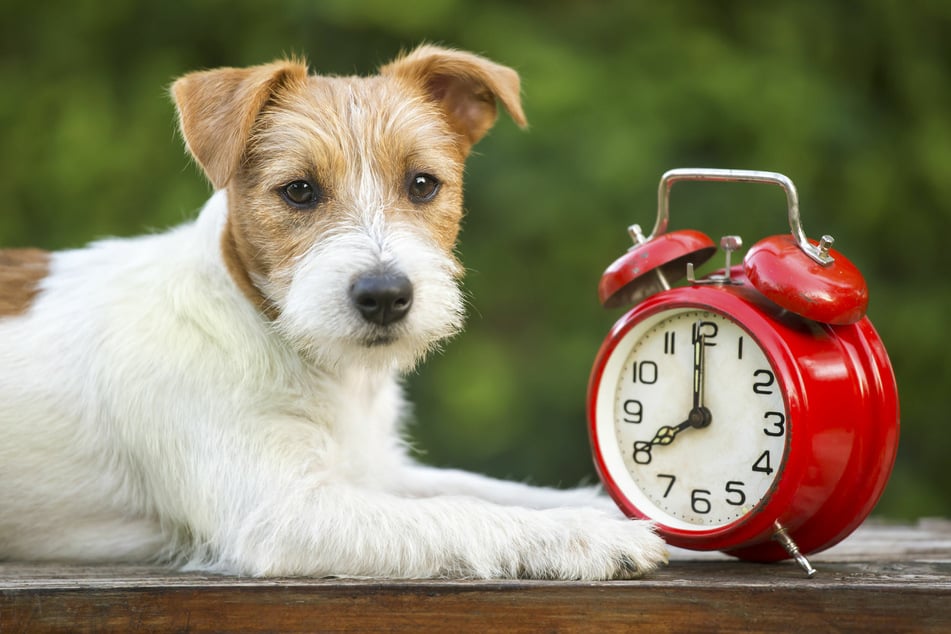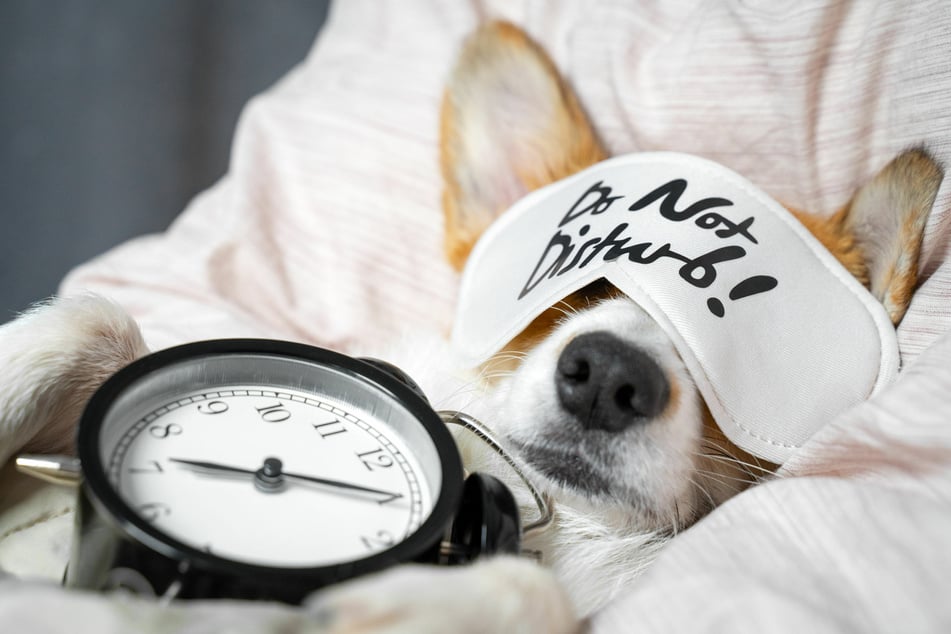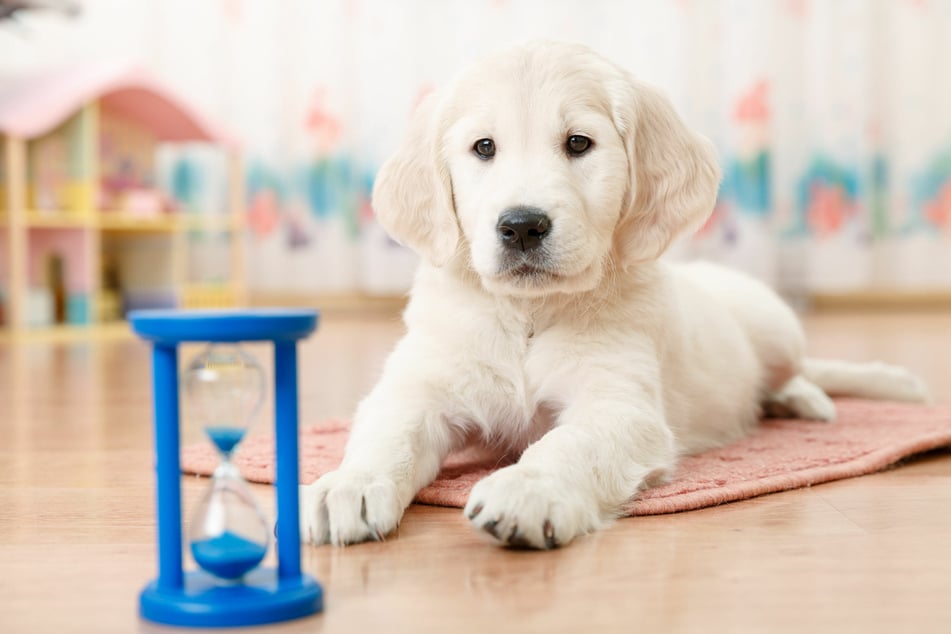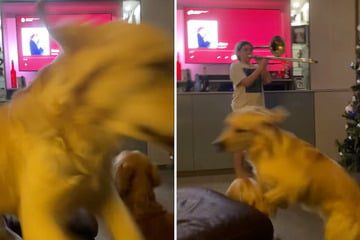Do dogs have a sense of time? How do dogs perceive time?
When dog owners are out for the day, their canine best friends often eagerly await their return home. But do dogs really have a concept of time?

Pets can usually be relied on for a warm greeting at the door. They're almost always excited to see us, and react as if our short time away from home has been forever.
But how long does that period of time really feel to a pup? Do dogs have the same sense of time that we do as humans?
Time is relative, especially to our cuddly companions. It's clear that those in the animal kingdom have their own ways of understanding the world, and it's time to find out.
TAG24 dove in to the difference between how the dogs and humans understand the concept, and what we can do to help our furry friends.
What does the concept of time mean to dogs?

How long does an hour last?
The answer is 60 minutes, of course, but one hour can be perceived very differently by each person depending on what we're doing. An hour in line at the DMV, or working on an intense project, feels very different from an hour of leisure time.
Humans cannot make an exact estimation of the time without a clock. We need the external measurement of minutes and seconds – otherwise, time is very much only a feeling.
Dogs do not read clocks, obviously, so they may not have any essence of time at all. Instead, they are creatures of habit.
Daily routine is the measurement of time in a dog's world. Recurring actions guide our pets through the day, like play time or meal time happening on a similar schedule.
It is also believed that sounds, sights, and smells also serve as an important guide for animals as well. For example, darkness at night can signify sleep. The sound of the coffee maker or music in the morning can give pets a signal that the next day has begun.
These familiar actions make a schedule more predictable for dogs, and create a marker of time.
The senses help dogs make sense of time

Alexandra Horowitz is a bestselling author who has explored what goes on in the mind of our loveable pups.
In her book, Inside of a Dog: What Dogs See, Smell and Know, she researches and studies how dogs perceive our world. She has followed it up with several more books, including Being a Dog: Following the Dog into a World of Smell.
Horowitz explains that the scent of the environment plays a decisive role in a dog's expectancy and routine.
When an owner has left home, their scent starts to fade, causing the smell of a room to change over time, she said.
Dogs' heightened senses can cause them to become restless if they are used to experiencing things at the same time each day, or are missing a familiarity.
Even if dogs do not unterstand human time, they learn however fast routines and understand cause and effect quite intelligently.
So while dogs may not be able to read a clock, their nose can tell time. It's settled some of the mystery about why dogs are so excited to see us when we return home – other than just wanting some cuddles!
Cover photo: Collage: 123RF/reddogs

